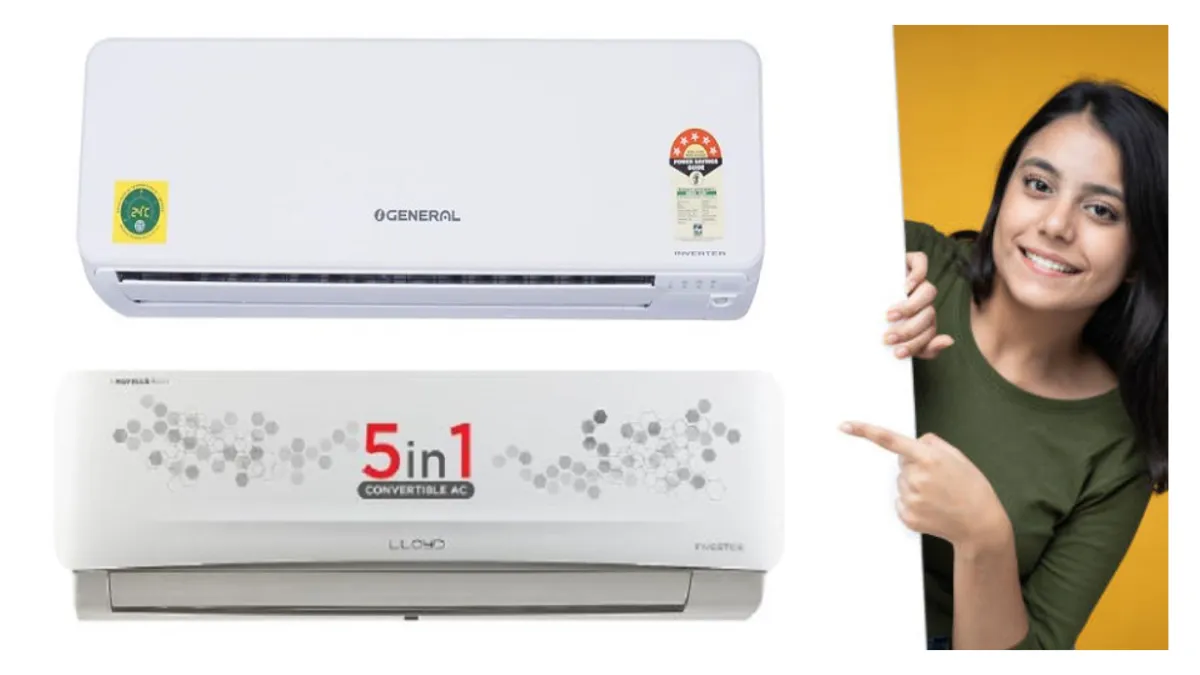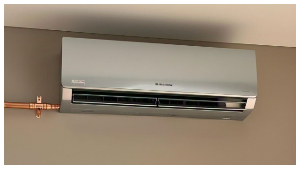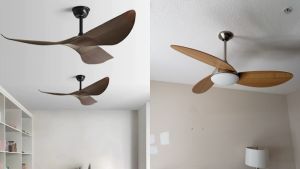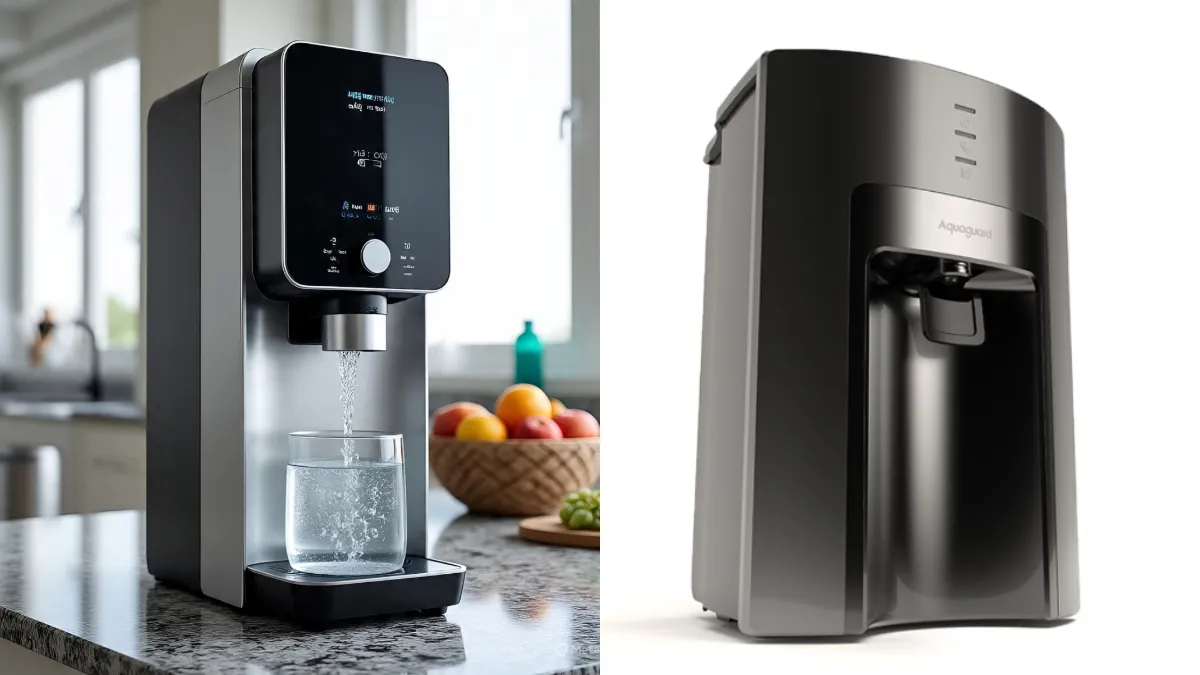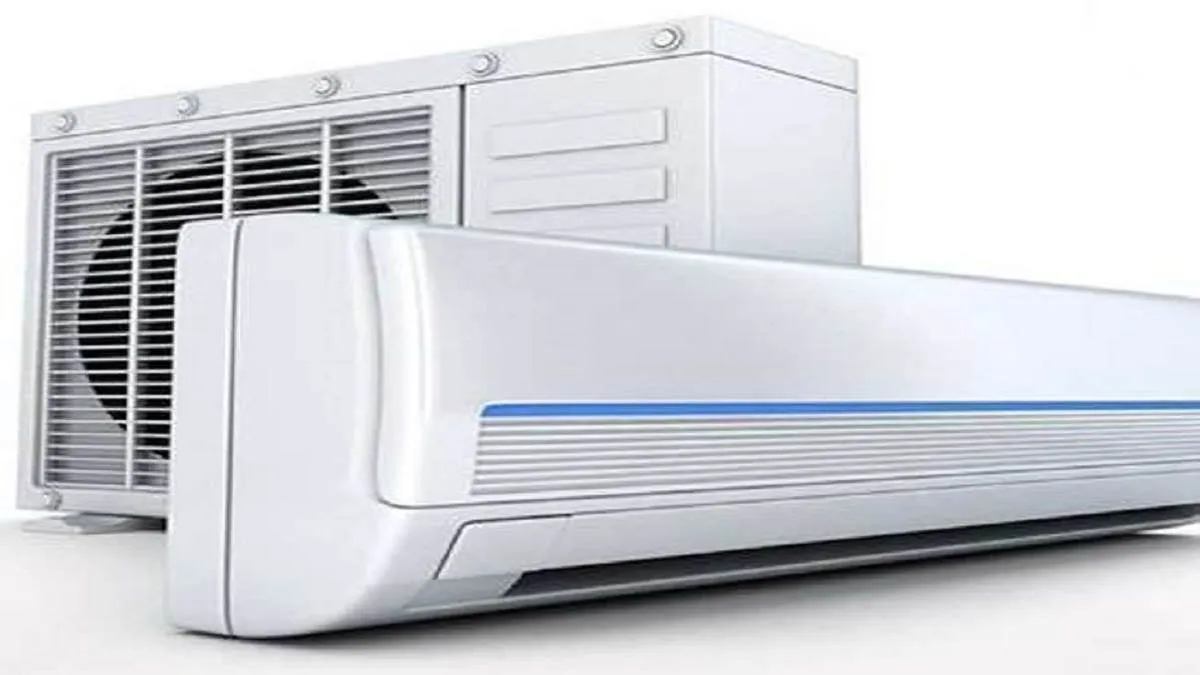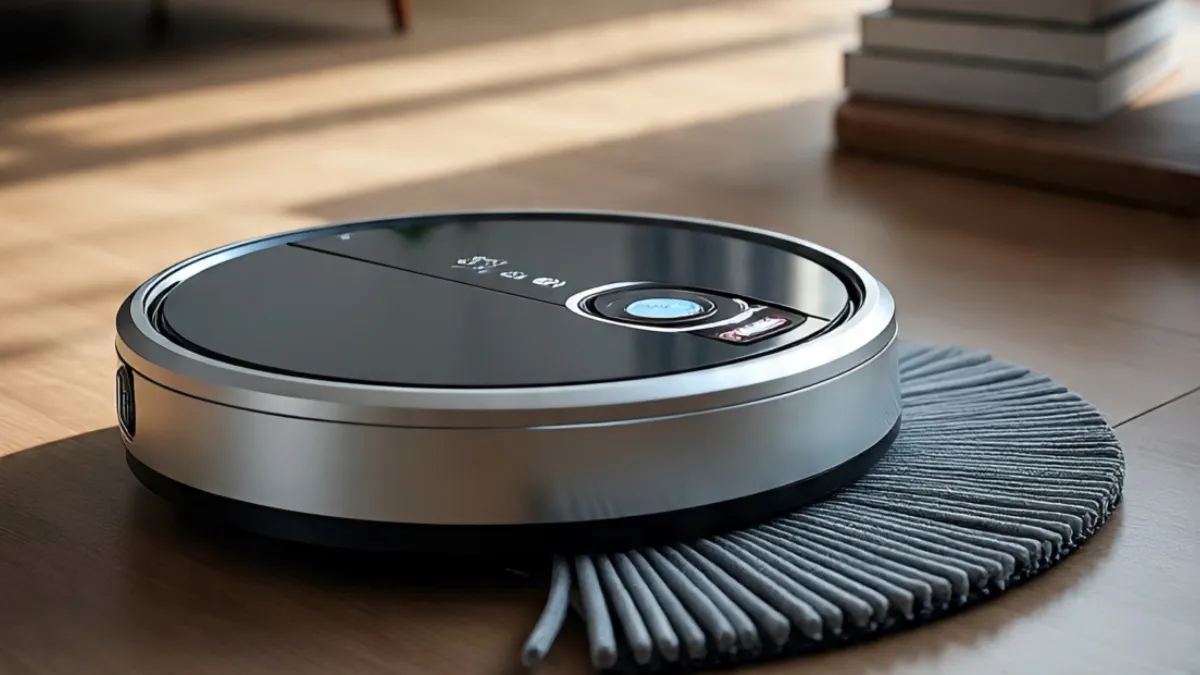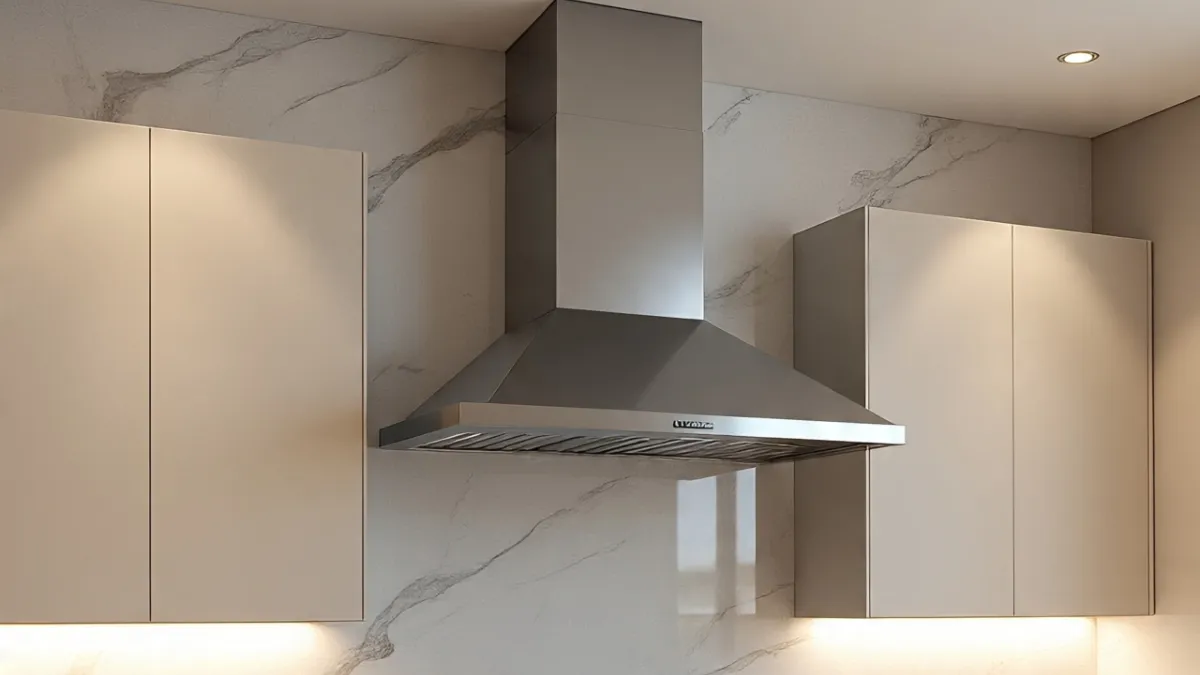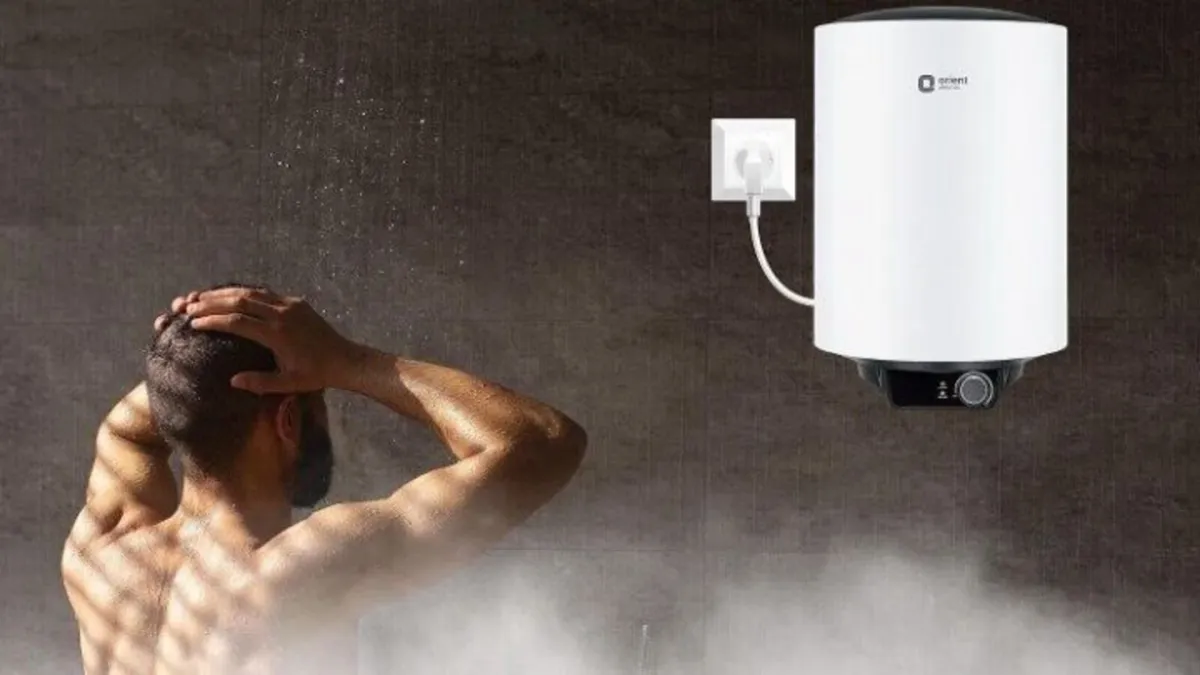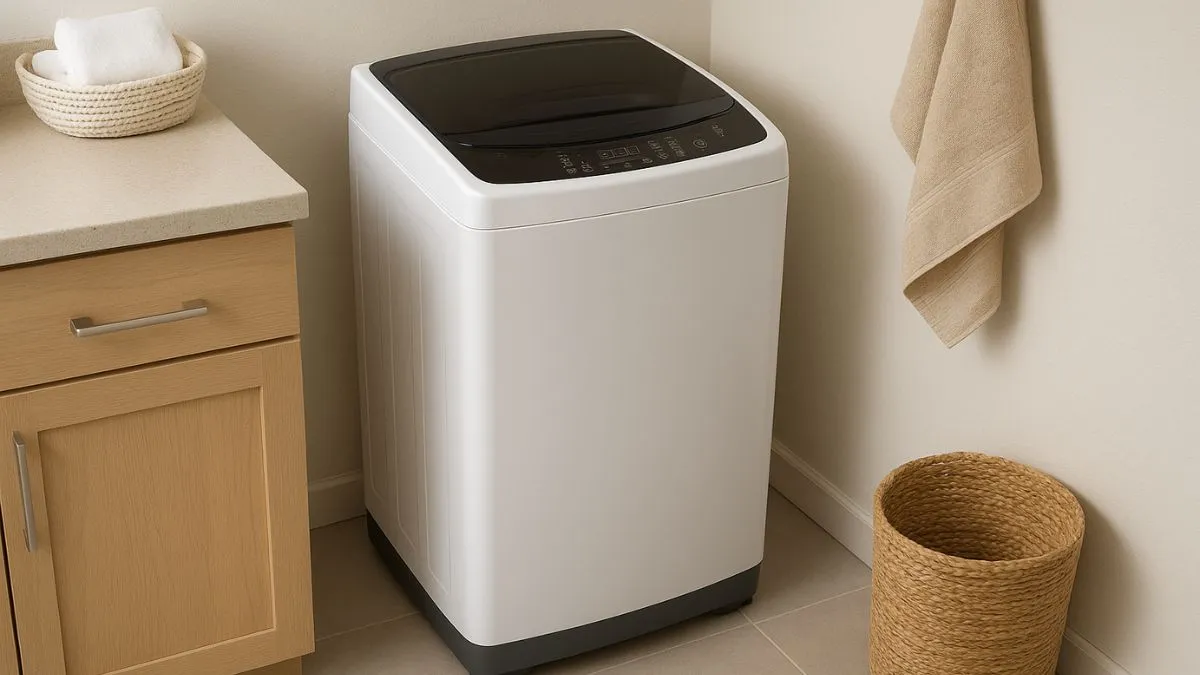Energy efficient split ACs rely on two main factors: inverter technology and energy ratings. Inverter technology helps adjust the compressor speed for better power usage, while energy ratings, such as 5-star labels, reflect how much power an AC consumes over time. But, what happens if an AC has one but not the other? Would an AC with no inverter technology but a high energy rating still be energy-efficient? Or could inverter technology without a high energy rating still offer significant savings? These are the questions we will explore in this article, along with products from top brands like LG, Panasonic, and Lloyd.
Inverter Technology vs. Energy Rating: Which Defines an Energy Efficient AC?
When we talk about energy-efficient air conditioners, we usually hear about inverter technology and energy ratings. So, which one is more important? Let's break it down.
Factor |
Inverter Technology |
Energy Rating |
|
How it Works |
Adjusts compressor speed based on cooling demand, ensuring efficient operation. |
Rated on electricity consumption to cool a room, based on set standards. |
|
Efficiency Level |
Uses less power by adjusting speed, running only when needed. |
Higher star ratings indicate better energy efficiency (less power consumption). |
|
Impact On Power Use |
Minimizes power wastage and maintains a consistent temperature. |
Directly shows the amount of electricity consumed over time for a set cooling load. |
|
Impact On Cooling |
Maintains a steady temperature with minimal energy use. |
Does not directly control temperature, but reflects power efficiency. |
Which is More Important?
Both inverter technology and energy ratings contribute to energy efficiency, but in different ways:
- Inverter Technology: Focuses on how the AC operates by adjusting compressor speeds. This ensures minimal power use and consistent cooling.
- Energy Rating: Reflects how much power an AC consumes over time. A higher star rating means the AC is more efficient in the long run.
Do They Work Together?
Yes, both are important together for the best energy efficiency. Here's why:
- Inverter technology optimizes the way energy is used during operation.
- Energy ratings show how much energy an AC uses for cooling.
To achieve the best energy savings and performance, look for an AC that combines both features. Without inverter technology, even a high-star-rated AC may not be as efficient as expected.
Read More: Top Air Conditioner Brands In India.
Product Spotlight: Top Air Conditioners To Consider
Here, we discuss some of the best split ACs that are often regarded as energy-efficient based on features like inverter technology and high energy ratings. This is not a recommendation or claim, but just our perspective on models that seem to fit the bill for energy savings.
